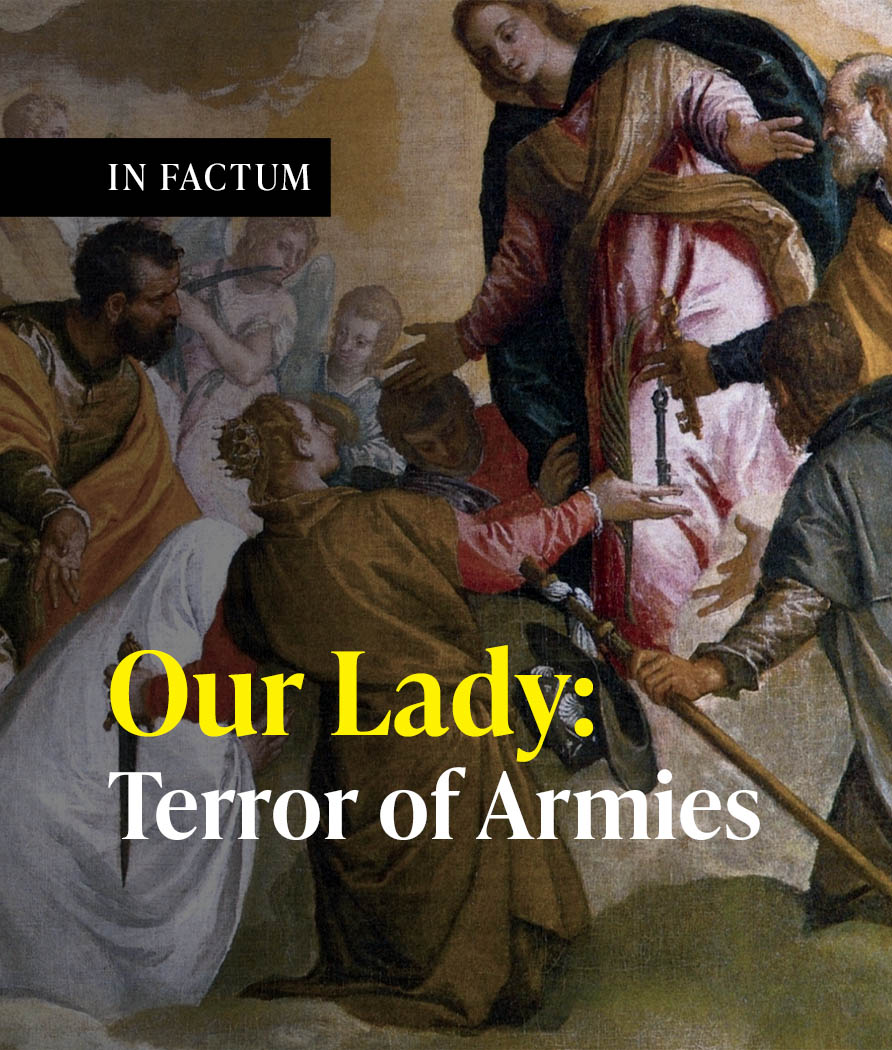The trench is deep and wide
Be hard for the enemy to penetrate,
Would be hard to see where we hide,
And where our ammo concentrate.
Entrenched, enjoy the furlough of war,
Engage only when they come
Meanwhile, there’s no flesh to scar
Just the hours and days to overcome
And will they come? Let Field Marshall
Bring his best troops instead;
Let them be heroes, who indeed shall
Win this war for us or forestall but dead
But we’re entrenched with security;
Let’s keep the day and sleep the night
If they overrun, ket;s run to safety
Instead of dying, keep flight
Or hold white flag to surrender
For it’s the fault of trenches
That we know this war is over
Too much in mind and heart is enough stress!
– Karam M. Zingh











